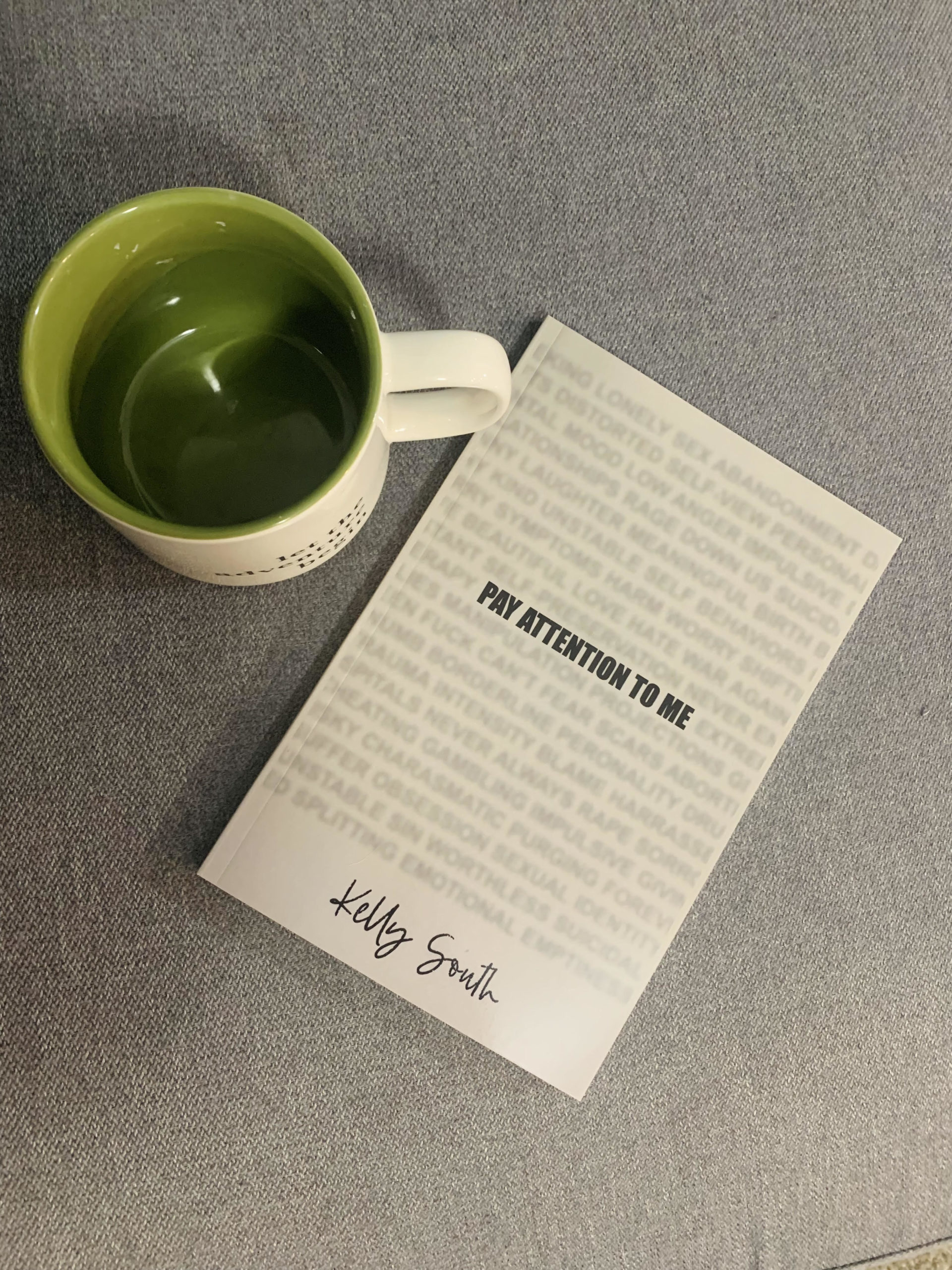-

Top 30 Q+A’s To Help Loved Ones Understand BPD
•
Answers to the Top 30 questions searched online that can help a loved one, friend, mentor or coworker better understand BPD.
-

Teens with BPD: How to Deal with BPD Episodes for Parents
•
BPD episodes are hard to live with when you have the condition. Teens with BPD do not have it easy. Parenting a teen with BPD can be complicated too. BPD episodes can be difficult to manage as a parent of a borderline teenager. I know firsthand because I am in remission from borderline personality disorder […]
-

BPD Episode: What It’s Like + Reaction 4 Years Later (Video)
•
What Does a BPD Episode Feel Like? In the video below, I read my first ever blog post on BPD Beautiful. The post is from 2019 and it detailed what a BPD episode looked like for me at the time, which was the start of my BPD recovery journey. I also provide a present day […]
-

How to Make Plans Without Triggering Your Partner with BPD
•
A Common BPD Trigger Seen in BPD Relationships If you’re new here, I’m Sarah: a mom, wife and blogger formerly diagnosed with borderline personality disorder. My goal for this blog is to help raise BPD awareness, dispel common BPD myths and help other people with BPD and their BPD relationships. This post touches on a […]
-

BPD Splitting: What A Devaluing Split Looks Like for Borderline Personality Disorder
•
Trigger Warning: Self destructive thoughts, splitting black, invalidation, relationship argument In this post, I go over what BPD splitting is and show real life examples of splitting. I also touch on distorted thoughts a person with BPD might have during an episode. As always, please note that my experience with BPD does not reflect all people […]
-

BPD Episodes 101: Everything You Need to Know
•
People with BPD are often labelled as dramatic, attention seeking or crazy. While it may look that way from the outside sometimes, what’s going on inside is A LOT more complex. What people with BPD need—especially during BPD episodes, is patience, validation, support and reassurance. If you’re new to BPD Beautiful, I’m Audrey Harper and […]


